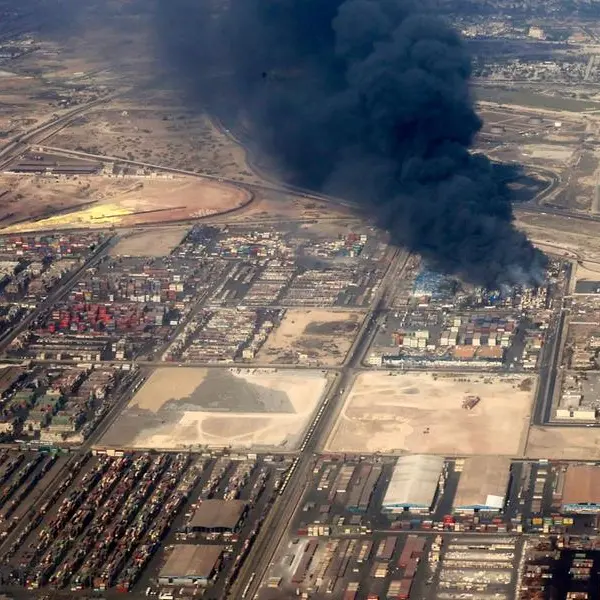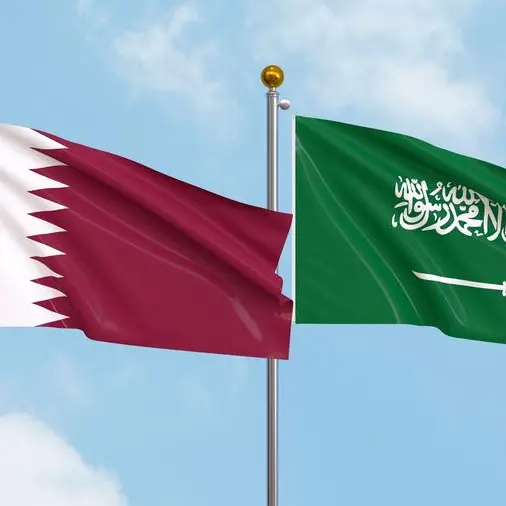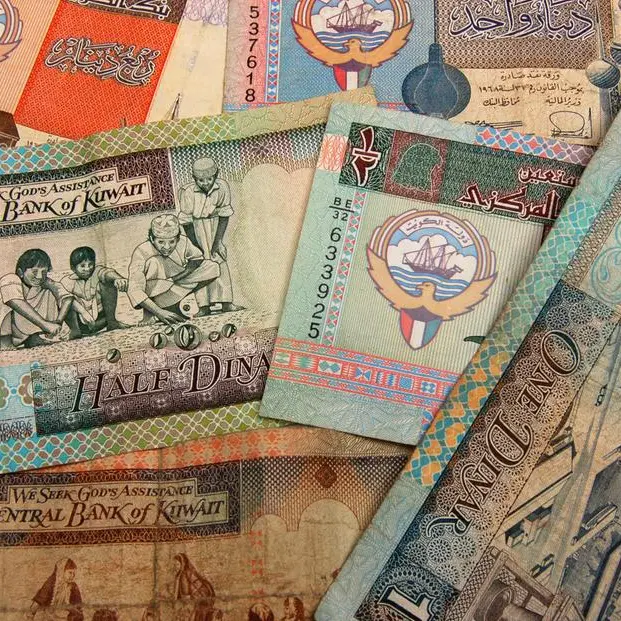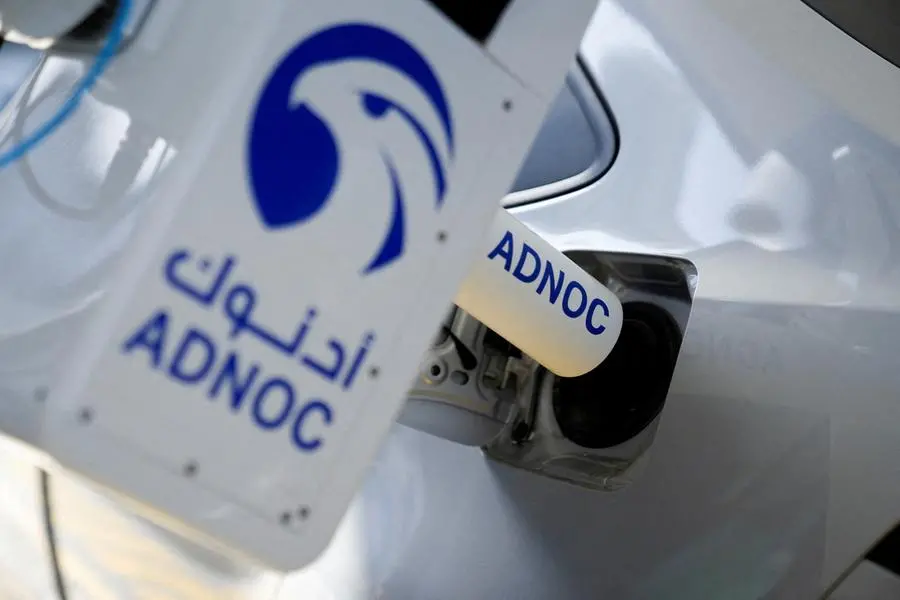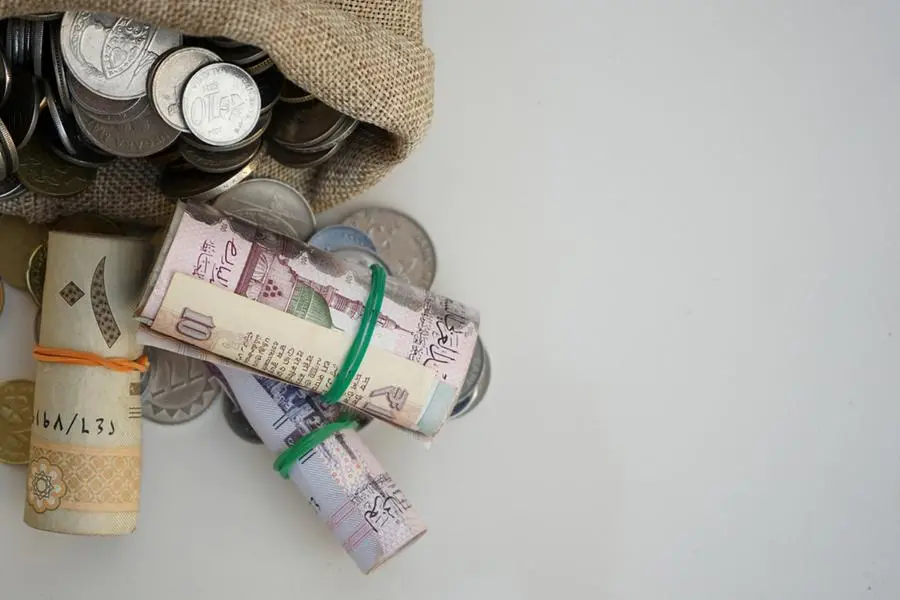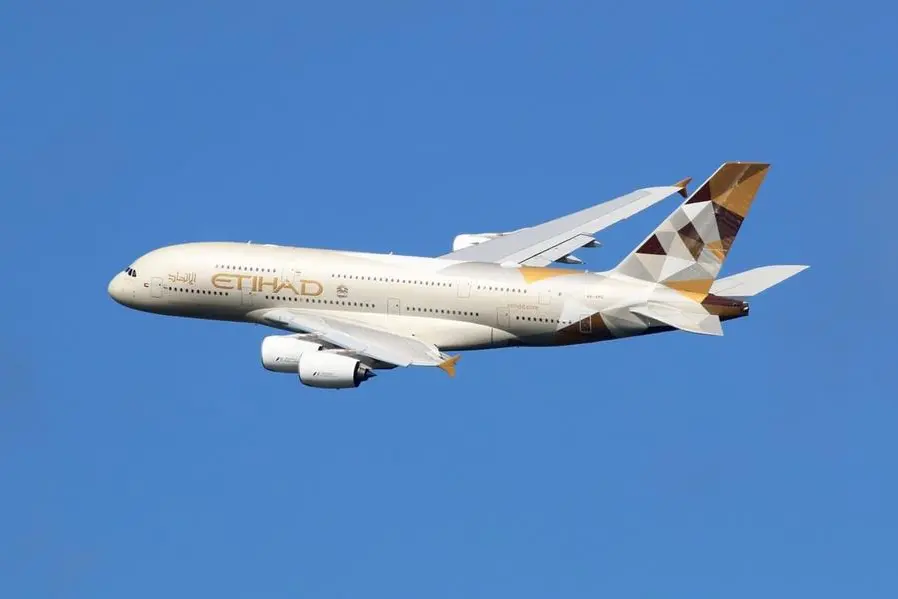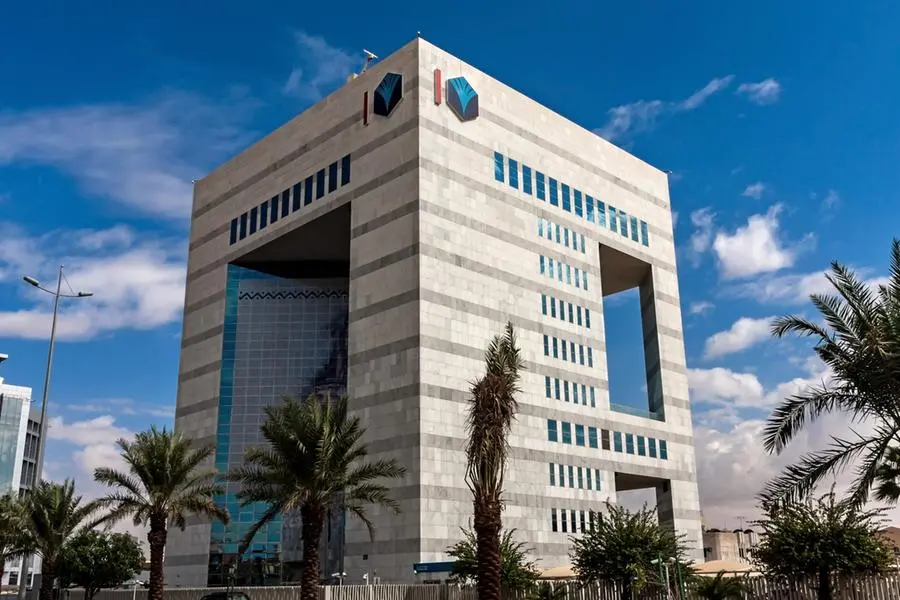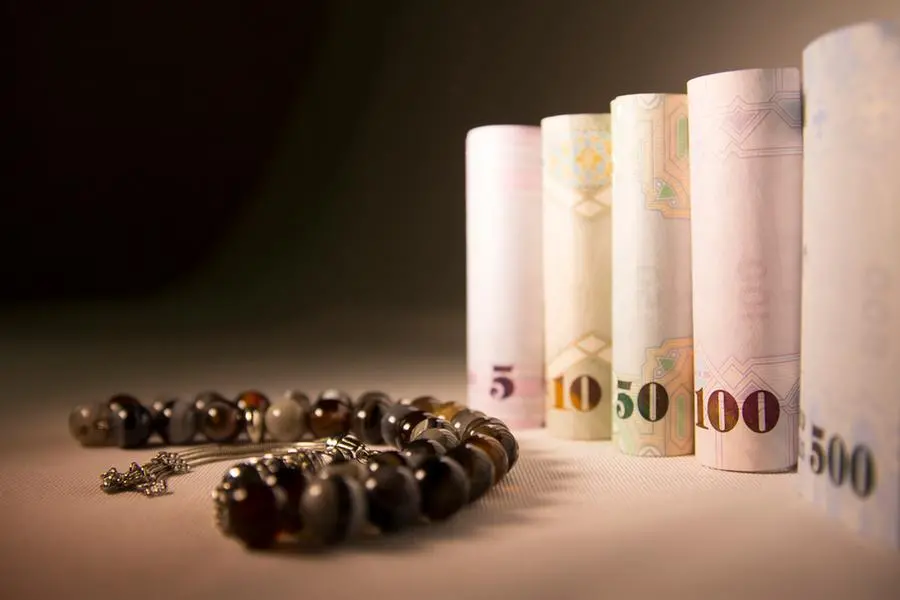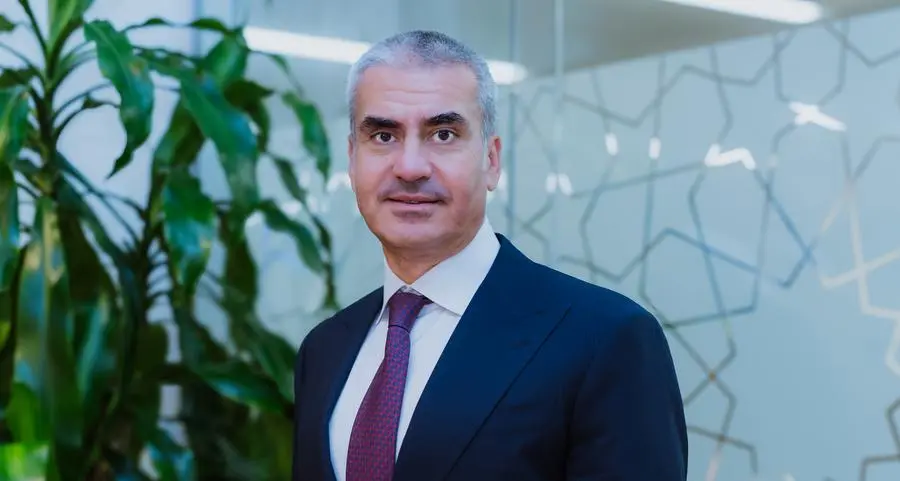PHOTO
Image used for illustrative purpose. Getty Images
Income tax is levied in almost all countries of the world; with the exception of a very few, one of which is the Sultanate of Oman, and there was some talk that it was scheduled to be implemented at the beginning of 2024, but it was postponed until a later date, it is expected to enter into force next year (2025).
Income tax is one of the mechanisms aimed at bringing funds to the government to help it cover internal spending, for example paying the salaries of state employees in the administrative apparatus or in the army, police and security, and paying the costs of maintaining various government facilities. Without taxes, it will not be possible to maintain and develop basic services in the future for any country.
There is no doubt that different types of taxes cause some difficulties for citizens who view the income tax and value-added tax system with dissatisfaction. Every country that fixes the price of its national currency or links it to another currency such as the US dollar, is not allowed to print banknotes as much as it wants; it must remain within the limits set by recognised international financial institutions such as the International Monetary Fund.
If at any time a country, for example Oman, needs additional local liquidity to cover its expenses, it is forced to borrow from local financial sources through treasury bills or sell its hard currency to buy the required liquidity, and this is what every country tries to avoid; because hard currency or foreign currency has many exits, and without it countries may not be able to feed their people. It should be noted here that the remittances of expatriate workers abroad negatively affect the foreign reserves.
Bond issuance is also restricted, because the more bonds are issued, the more domestic loans accumulate, which means that a large proportion of the national income goes to paying dividends on bonds. So, what is the solution in such a situation? Governments raise taxes while cutting spending on domestic projects. They may also increase fuel, electricity and water prices and impose increased prices for various services.
Countries collect hard currencies through exports such as oil, gas and various minerals. In many countries, Oman being one of them, governments spend more on imports than on exports. And only when the price of oil approaches $100 per barrel does the government have a surplus in the balance sheet, otherwise it remains in a state of fiscal deficit, here also the government is forced to borrow hard currency from foreign financial institutions and with a number of countries a large proportion of its hard currency income goes to pay debt services.
Income tax is not new, as this tax has been applied in many countries of the world for decades. And if the tax was not applied in the Sultanate throughout those years, this is because Oman was a large country in its area but small in its population. The total population of the Sultanate was estimated at five hundred to six hundred thousand people prior to 1970, and it did not have any modern infrastructure.
Today, the situation is completely different, as its population is close to 5 million, both Omanis and expatriates. By the grace of God, and then the wise policy of the late His Majesty Sultan Qaboos bin Said bin Taimour, may God rest his soul in peace, Oman has transformed into a modern, developed country with all the necessary facilities. Then came the prosperous era of His Majesty Sultan Haitham bin Tarik, marking the return of the renaissance the beginning of a new honourable era that renewed Oman’s historical past, and opened a new chapter of development, prosperity, and social and economic progress. Therefore, we believe that every Omani should accept the new income tax with open arms, when it is implemented.
Countries always need the sacrifices of their citizens, and in the economic matter, citizens are only required to pay a small part of their income. It is a duty of every citizen to pay a limited amount from his/her disposable income to the state’s wallet, so that it can pay its expenses and not be forced to borrow. If the people want the state to continue on the path of development and progress they must make every effort to stand behind the government and help pay taxes, and without taxes the government will not be able to fulfill its obligations. So, the people help the government and the government helps the people, and the two are one but with different roles.
How is income tax applied?
I explain that aspect from my experience of what I learned and saw in practice during my studies in England. Some Omanis may think that a certain percentage is deducted from the salaries of all employees as income tax, regardless of the amount earned.
I tell them that this is not the case; as not every employee is subject to income tax, especially those whose salary does not cover their monthly expenses. As for those who earn more than their expenditure, the entire income is not taxed; rather, what is left of the income after determining the monthly expenses in advance, and the expenses are what is related to food and drink, what is spent on electricity, water, telephone, gasoline, insurance, and what is spent on the salary of the housemaid, driver, or farmer, etc. The remaining amount is subject to tax. I give an example: if a person earns Sterling Pounds 8,000 in England, his monthly expenses are 4,000, the remainder 4,000 is subject to tax, and the income tax on the first thousand is lower than on the second, and the rate continues to rise for every thousand pounds sterling. That is, it is not a fixed amount on the saved amount of 4000 pounds. Not all Britons working abroad are subject to income tax at home, so Oman for expats is heaven.
In Britain, the non-taxable amount depends on the number of family members, so the larger the number of family members, the greater the non-taxable amount. This is how income tax was applied while I was living in the UK, and the system may have changed since then. In this regard, I would like to point out, that all Western countries that levy taxes on income, provide unemployment benefits to their citizens every week, and I hope that this approach will also be applied in Oman.
I must point out to the reader that income tax in Britain does not apply to what a person earns each month only, but rather, the tax applies to every material income a citizen receives. If a person inherits property from his parents, the property is valued, and inheritance tax is paid on that value.
In conclusion, I am fully confident that our wise government will make certain exceptions when imposing the income tax, as it did with the value-added tax, in order to achieve the prosperity of our country, the prosperity of our national economy, and lastly the appreciation and cooperation of the citizens.
The views expressed by the writer are his personal opinion
© Muscat Media Group Provided by SyndiGate Media Inc. (Syndigate.info).




